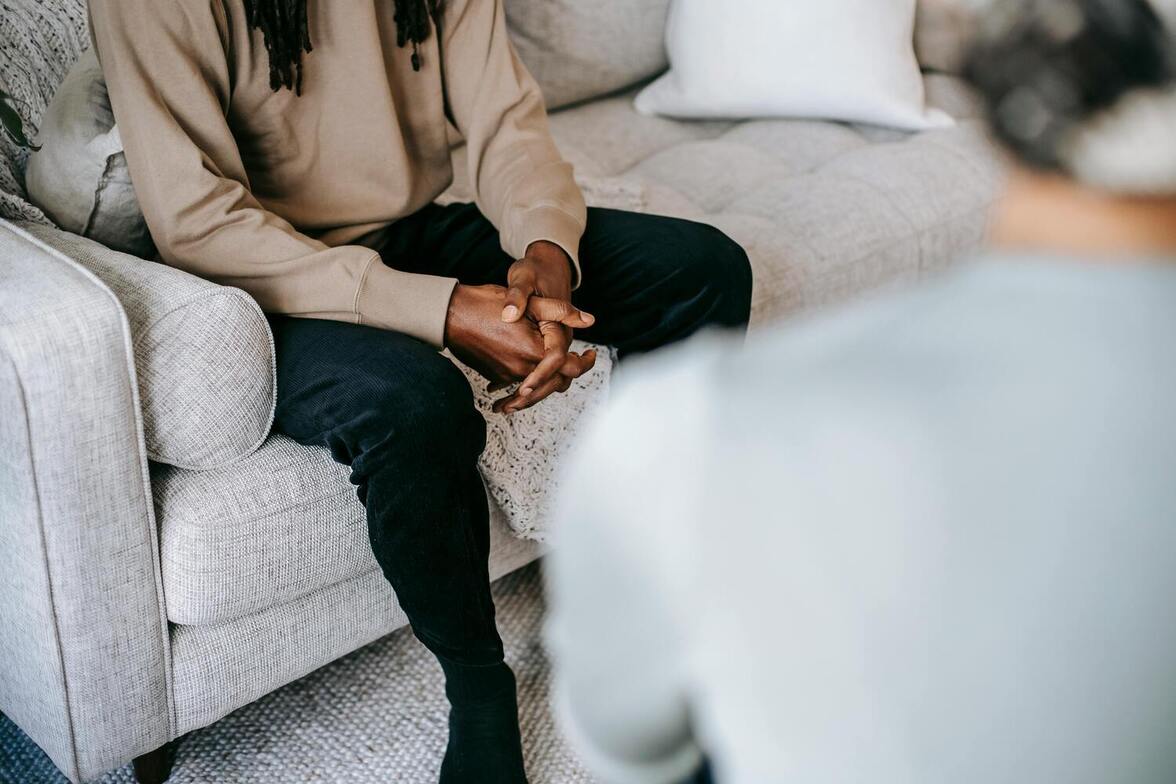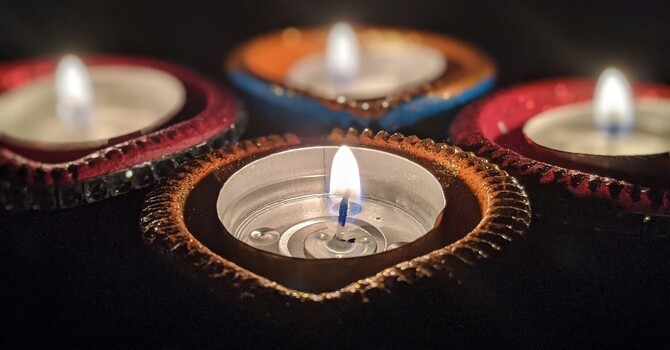
If you’re feeling anxious and thinking about therapy, you might already know this: finding a therapist isn’t the hard part — choosing the right one is. You search online—on Google, Psychology Today, or another therapist directory—and suddenly the sheer number of options makes your anxiety spike. Different modalities, credentials, formats, and styles can feel confusing and overwhelming.
Here’s a practical guide to help you navigate this process without adding to your anxiety.
1. Take a deep breath and start small
When anxiety is high, big decisions feel impossible. Start by deciding one thing: do you want to start with a doctor referral, a general online search (e.g. Google), or an online therapist directory (e.g., Psychology Today)?
- Doctor referral: Some doctors might be able to refer you to a specific therapist or clinic, but they may just point you to online directories.
- Online search (e.g., Google): Use simple terms like “therapist for anxiety near me” — but remember, seeing hundreds of results can feel overwhelming.
- Therapist directory (e.g., Psychology Today): Use filters to narrow by location, specialization, therapy type, gender, or language, and short-list profiles that feel like a potential fit.
You don’t have to look at everything at once. Start with 3–5 potential therapists to explore first.
2. Understand the modalities
When you start looking, you may see terms like art therapy, CBT, psychodynamic, attachment, strength-based, and person-centred — and your brain may go, “What does all this even mean? Which one will help me?”
Here’s a simple breakdown of how these approaches can help with anxiety:
- Art Therapy: Lets you explore and process emotions creatively, especially when words feel hard.
- Cognitive Behavioural Therapy (CBT): Helps identify patterns of anxious thinking and provides practical tools to change them.
- Psychodynamic Therapy: Helps uncover past experiences or unconscious patterns that may be contributing to anxiety.
- Attachment-Based Therapy: Looks at how early relationships might be shaping current patterns of worry or overthinking.
- Strength-Based Therapy: Focuses on your existing abilities and past successes to build confidence and reduce the sense of helplessness that anxiety can create.
- Person-Centred Therapy: Emphasizes empathy, respect, and collaboration — helping you feel understood, supported, and in control of your own pace in therapy.
There are many other approaches too — don’t feel limited by these labels. The best therapist is someone whose approach makes sense to you.
3. Refine your search with what matters most
If you already know what type of therapy appeals to you — or you’re curious about a specific approach — include that in your search. For example, try searching “art therapy for anxiety in North York” or “CBT anxiety therapist near me.”
You can also add other criteria that matter to you, such as whether the therapist works with adults, offers virtual sessions, or has experience with specific issues. Narrowing your search this way can help you find a better fit and reduce the overwhelm of endless results.
4. Think about style and personality
Even if the credentials and modality seem right, the therapist’s style matters:
- Formal vs. relaxed
- Clinical vs. conversational
- Structured vs. flexible (worksheets, homework, assessments vs. going with the flow)
Ask yourself: Which style will make you feel safe, supported, and able to engage in the work?
5. Check logistics and personal preferences
Even after narrowing your list, practical and personal considerations can make a big difference in whether a therapist is a good fit:
- Location: Google Maps can help you find therapists near you – but keep in mind that for privacy, safety, or other reasons, not all therapists specify a business address.
- Accessibility: If you prefer in-person therapy, check transit options, parking, or accessibility for mobility needs.
- Virtual options: Online therapy can be effective and convenient, offering access to the right therapist even if they’re located farther away or if you need flexibility in your schedule.
- Insurance: Check whether the therapist accepts insurance and if they offer direct billing (most extended health plans cover therapy provided by a Registered Psychotherapist).
- Therapist characteristics: Some clients consider gender, cultural, ethnic, or religious background, as well as years of experience, when deciding who feels most comfortable and relatable.
Everyone’s priorities are different. Write down what matters most to you so you can compare options more clearly.
6. Reviews and testimonials
Some therapists have online reviews, others don’t. The College of Registered Psychotherapists of Ontario (CRPO) prohibits soliciting client testimonials, so lack of ratings doesn’t mean a therapist isn’t skilled or helpful. Similarly, a 5-star review doesn’t necessarily mean the therapist is the best fit for you.
Instead, focus on credentials, approach, and style. Check the therapist’s bio or website for more information, and consider asking if they offer a free consultation or brief meet-and-greet to learn more about their approach before booking a full session.
7. Questions to Ask a Therapist
When you reach out or have a consultation, these questions can help you evaluate fit and feel confident in your choice:
- What experience do you have working with adults experiencing anxiety?
- Which therapy approaches do you find most effective for anxiety?
- What’s your style in therapy?
- What can I expect in the first few sessions?
Taking the time to ask these questions can reduce anxiety about starting therapy and give you a clearer sense of whether the therapist is a good match for your needs.
8. Trust your intuition
The right therapist isn’t perfect — they’re someone you feel comfortable with. What matters is feeling listened to, respected, and able to be yourself. Pay attention to how you feel during sessions; a good therapist will invite feedback and work with you to figure out what’s helping and what’s not.
About Me
I’m Karen Freud, a Registered Psychotherapist and Art Therapist who has been supporting adults managing anxiety, stress, and life transitions for over two decades. My approach combines evidence-based strategies like CBT with a collaborative, grounded style, often integrating art therapy to explore emotions in creative ways.
I offer in-person therapy in North York, conveniently located near Yorkdale Shopping Centre, as well as secure virtual sessions across Ontario. My focus is to help you develop practical tools, build resilience, and notice meaningful changes in your daily life — all at a pace that feels right for you.
If you’re exploring therapy for anxiety, you can learn more about my approach or book a consultation to take the next step toward support that fits you.







